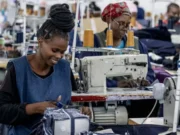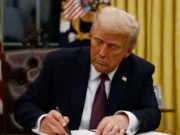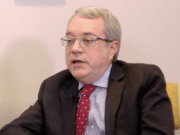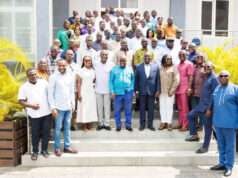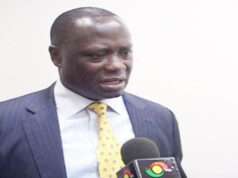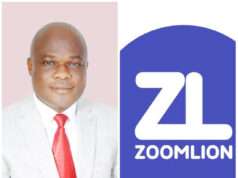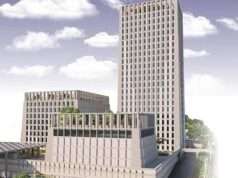Chairman of the Finance Committee of Parliament Dr Mark Assibey-Yeboah has observed that Ghana is projected to have a positive economic growth of 0.9 per cent this year despite challenges posed by the COVID-19 pandemic.
Many countries in Africa projected to have negative growth or contraction by the end of this year due to the pandemic.
However, Dr Assibey-Yeboah indicated that but for the pandemic, the New Patriotic Party (NPP) government was on the trajectory of growing the economy by 6.8 per cent in 2020.
He made the projections when he moved the motion to debate the approval of the Mid-Year Review of the Budget Statement and Economic Policy of Government and Supplementary Estimates for the 2020 Financial Year.
Dr Assibey-Yeboah explained that in 2019 Ghana’s economy grew by 6.5 per cent compared to 2016 figure of 3.4 per cent, taking it to 8.1per cent in 2017, 6.3 per cent in 2018, saying that the 3.4 growth figure was the lowest in 23 years.
He stated that end figure of 2017 on inflation was 7.9 per cent, the projection for 2020 was 8 per cent compared to end 2016 figure of 15 per cent.
Dr Assibey-Yeboah said the deficit for 2016 when the NDC was exiting was 6.5 per cent, in 2017 it was brought down to 4.8 per cent, in 2018 brought further down to 3.9 per cent, and in 2019, reduced to 4.8 per cent and projected to do a deficit of 4.7 per cent in 2020.
“Mr Speaker, on all fronts, be it growth performance, price development, fiscal performance, all of them have been consistently better than what we met in 2016 and we were on course to deliver again in 2020.
“There is no doubt, if we look at the track record of the NPP for 2017, 2018, 2019 clearly, we were poised to deliver again in 2020, “he added.
Dr Assibey-Yeboah said to ensure no irreversibility and to avoid election year slippages, Finance Minister Ken Ofori-Atta sponsored the Fiscal Responsibility Law, where the overall fiscal balance shall not exceed five per cent of GDP.
He explained the country was likely to experience lower revenues and shortfalls in domestic direct and indirect taxes as well as custom taxes estimated at GH¢4.2 billion as a result of the pandemic.
Dr Assibey-Yeboah also acknowledged that there was likely to be shortfalls in petroleum rent and non-tax revenues estimated at GH¢5 billion and GH¢3.9 billion respectively, whiles increase in expenditures to contain the pandemic is estimated at GH¢11.7 billion.
On his part, Member of Parliament (MP) for Bolgatanga Central Mr Isaac Adongo insisted that the country’s public debt as at June, 2020 stood at GH¢262 billion and not the GH¢258 billion sum presented to the House by the Finance Minister.
He argued that data published by the Bank of Ghana (BoG) gave the total public debt of GH ¢258 billion with a total domestic component of GH ¢122 billion consistent with the Minister’s figure but strikingly different was the GH¢14.3 billion meant for the financial sector clean-up.
Mr Isaac Adongo who is also a member of the Finance Committee of Parliament stated that the Finance Minister informed the House that GH¢18.6 billion had been spent on the Banking Sector clean-up.
According to him, comparing the Minister’s figure with that of the BoG, showed that an amount of GH¢4.3 billion of the public debt had not been accounted for.
However, Minister of Monitoring and Evaluation Dr Anthony Akoto Osei stood on point of order to challenge the assertion by Mr Adongo.
He stated that the claim by the Bolgatanga Central MP was untrue and that the Finance Minister’s presentation was consistent with the BoG figures.






















